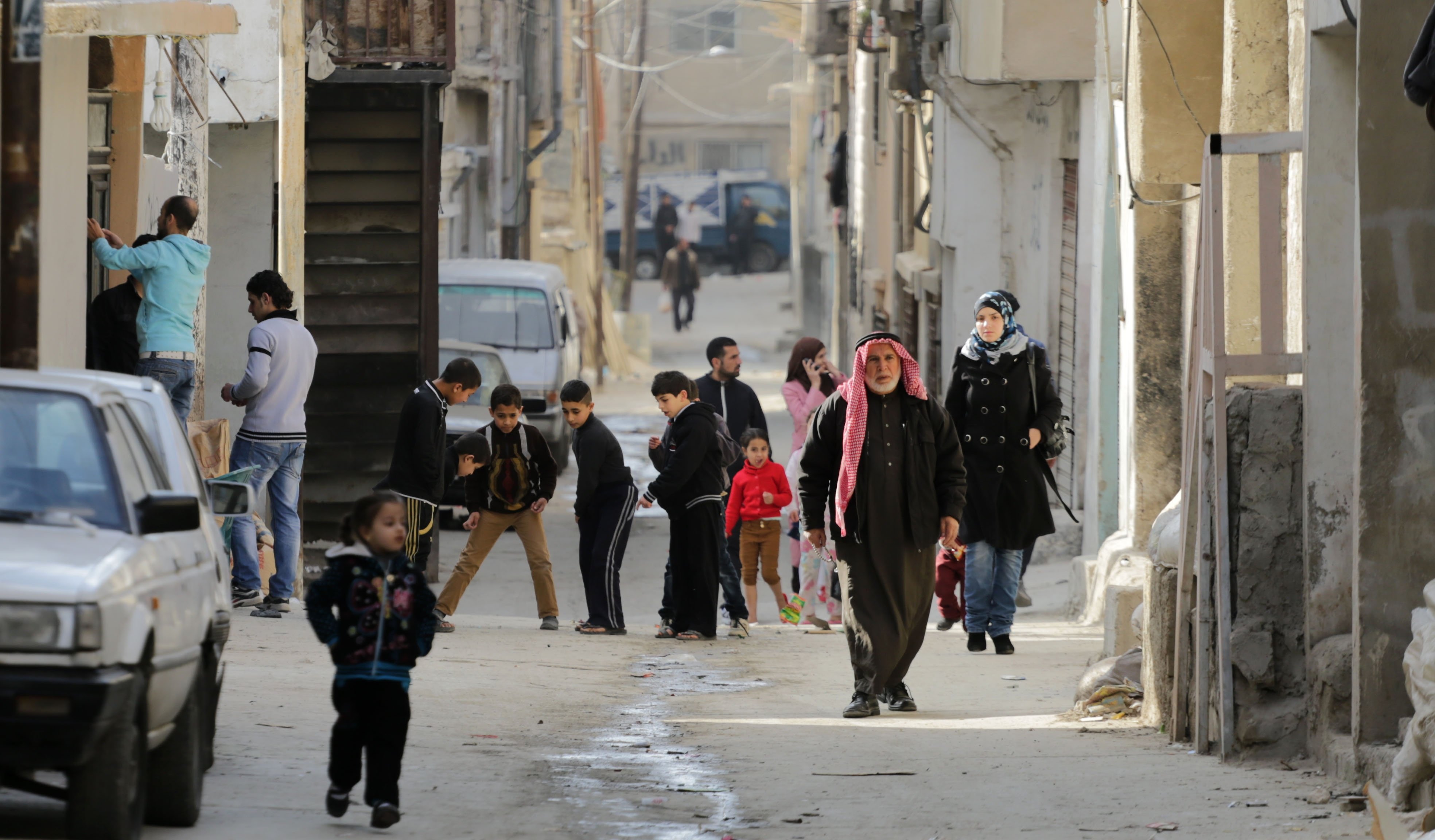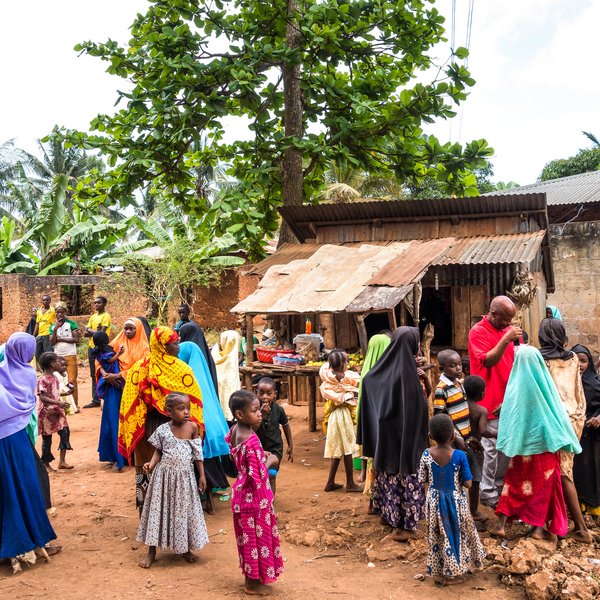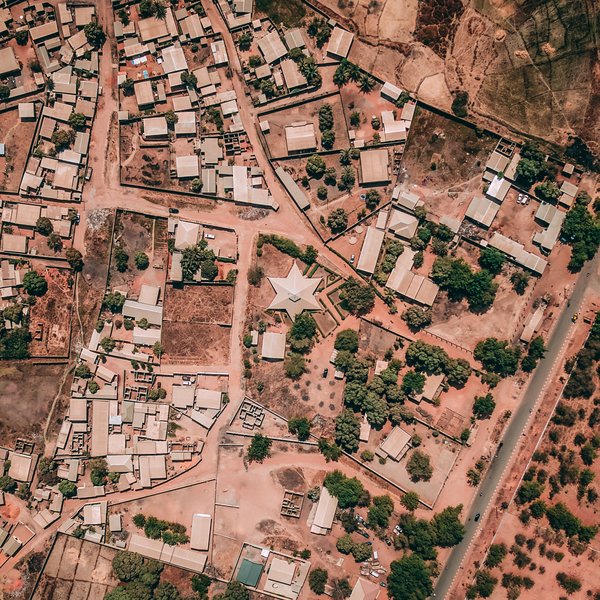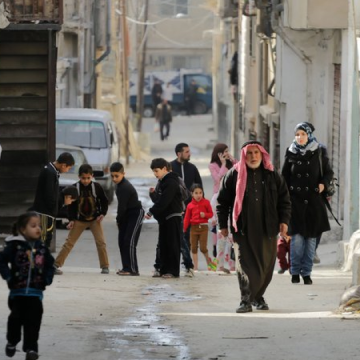The Arab region is undergoing rapid change – social, economic, environmental – all closely woven with questions of land. This paper sets out how land perceptions data can help navigate a way through this change.
Prindex global findings reveal that tenure insecurity is a problem in almost every country in the world. An estimated 1 in 5 adults – a billion people worldwide – perceive their rights as insecure. In the Arab region, rates of tenure insecurity are higher than the global average. Of a total adult (18+) population of approximately 214 million people in the 13 Arab countries surveyed, more than 52 million (24%) consider it likely or very likely that they will lose their land or property against their will in the next five years.
Other key findings in the study include:
- Younger adults aged 26-45 (27%) are three times more likely to feel insecure in their land rights than older adults aged 65+ (9%). A key driver of high insecurity rates among younger groups is the region’s large young population, which creates competition for jobs and housing, as well as customary practices and inheritance norms, which favour tribal elders and older siblings.
- People living in urban areas are much more likely to feel insecure about their housing situation – across the Mashreq sub-region, almost 1 in 2 urban renters feel insecure. This likely results from the difficulty faced by authorities of keeping pace with the enormous rate of urbanisation, a lack of affordable housing, and escalating land prices driven by market speculation.
- Women are much more likely than men to feel insecure in the event of divorce or death of a spouse – in Egypt and Morocco, women are six times more likely to feel insecure. Drivers of this include structural gender inequalities, both norms and in law, as well as low awareness of rights among women.
- Across the region, renters are almost four times more likely to feel insecure than owners – in some countries they are more ten times as likely (Lebanon, Egypt). Renters are more than likely to be male and single, suggesting one key driver of high rates of vulnerability among renters could be migrant workers living in precarious accommodation.
Arabic translation of the Arab land report
Photo by USAID U.S. Agency for International Development via Flickr
Top articles
Podcast: Where do we land up on the rights of persons with disabilities?
In this episode of the LandUP! podcast, we wanted to better understand a largely unexplored subject matter: the land rights Lorem ipsum dolor sit amet. Lorem ipsum dolor sit amet. Lorem ipsum dolor sit amet. Lorem ipsum dolor sit amet. Lorem ipsum dolor sit amet. Lorem ipsum dolor sit amet.
Podcast: Where do we land up on the rights of persons with disabilities?
In this episode of the LandUP! podcast, we wanted to better understand a largely unexplored subject matter: the land rights Lorem ipsum dolor sit amet. Lorem ipsum dolor sit amet. Lorem ipsum dolor sit amet. Lorem ipsum dolor sit amet. Lorem ipsum dolor sit amet. Lorem ipsum dolor sit amet.
Podcast: Where do we land up on the rights of persons with disabilities?
In this episode of the LandUP! podcast, we wanted to better understand a largely unexplored subject matter: the land rights Lorem ipsum dolor sit amet. Lorem ipsum dolor sit amet. Lorem ipsum dolor sit amet. Lorem ipsum dolor sit amet. Lorem ipsum dolor sit amet. Lorem ipsum dolor sit amet.



